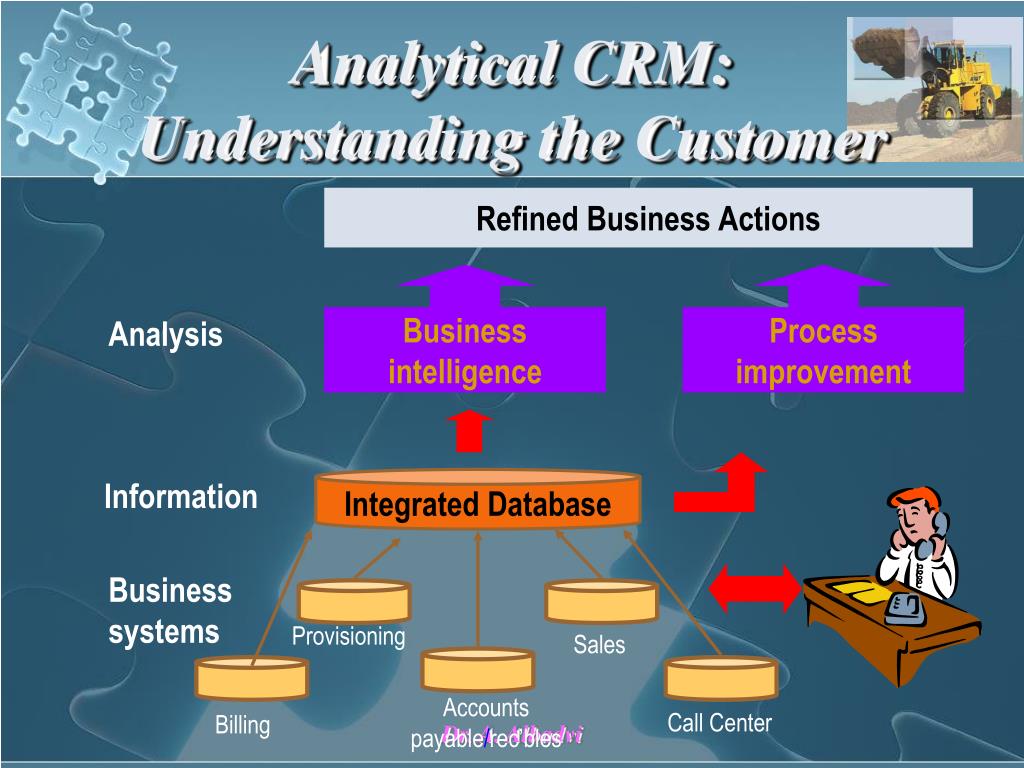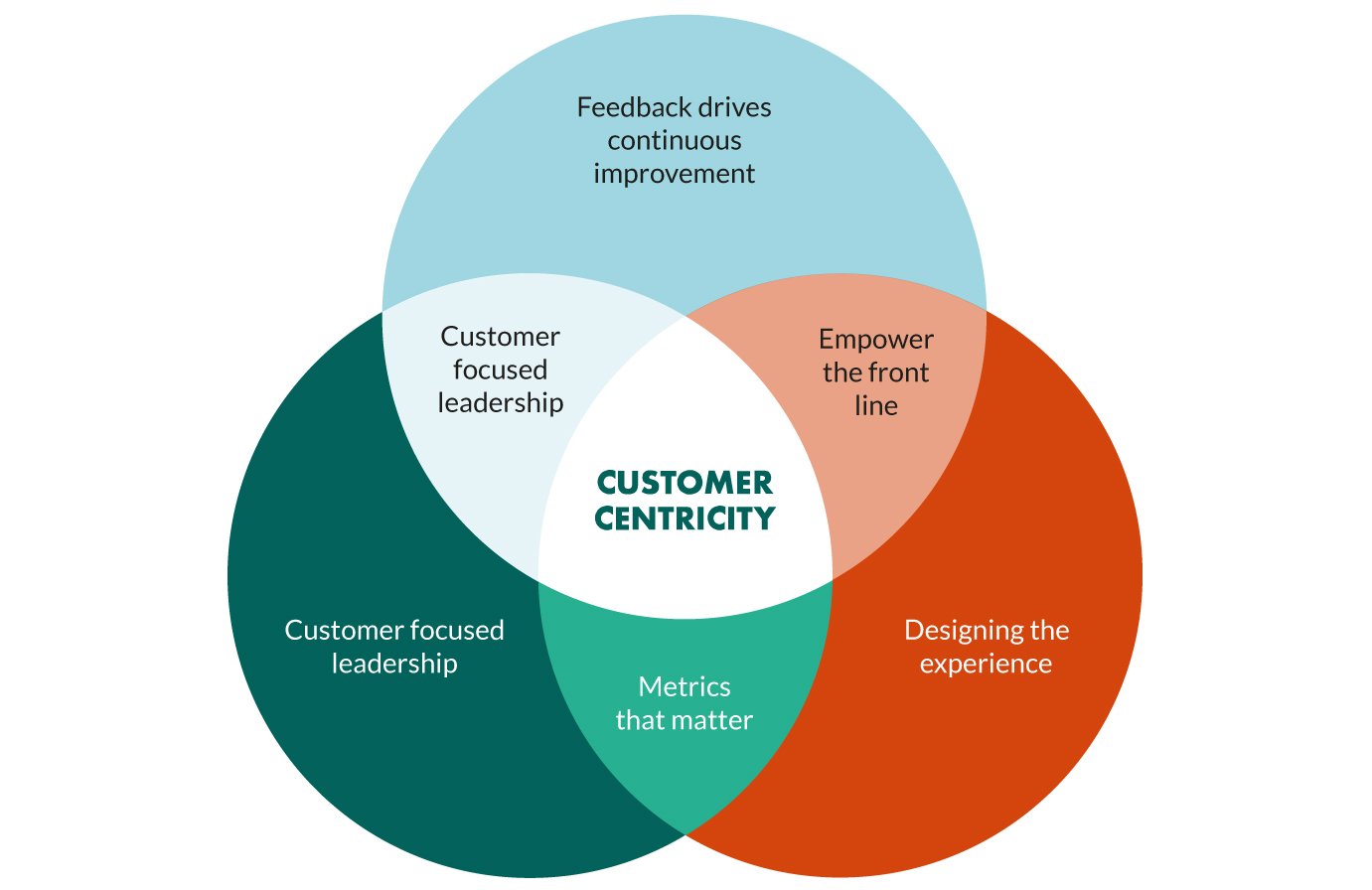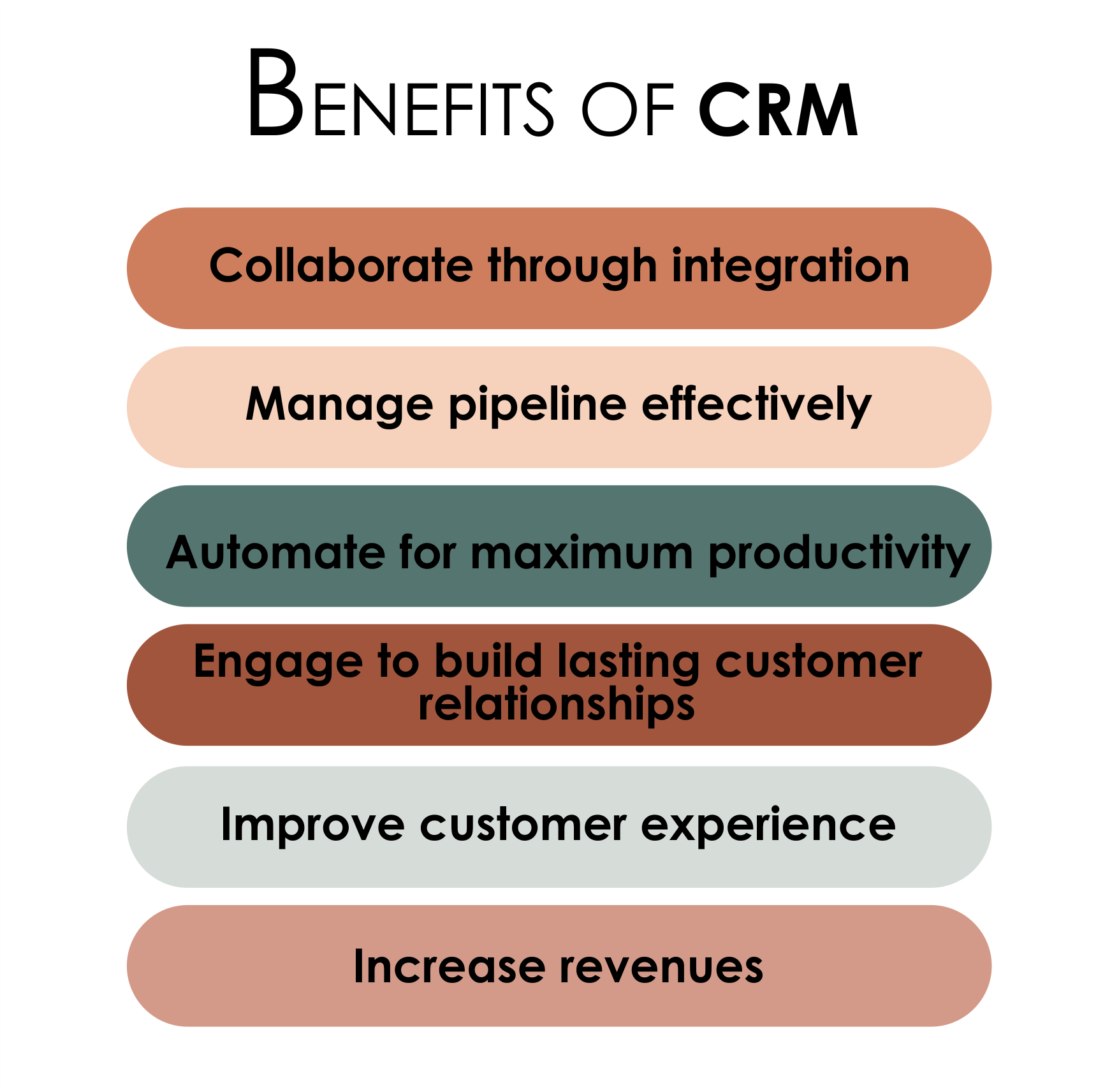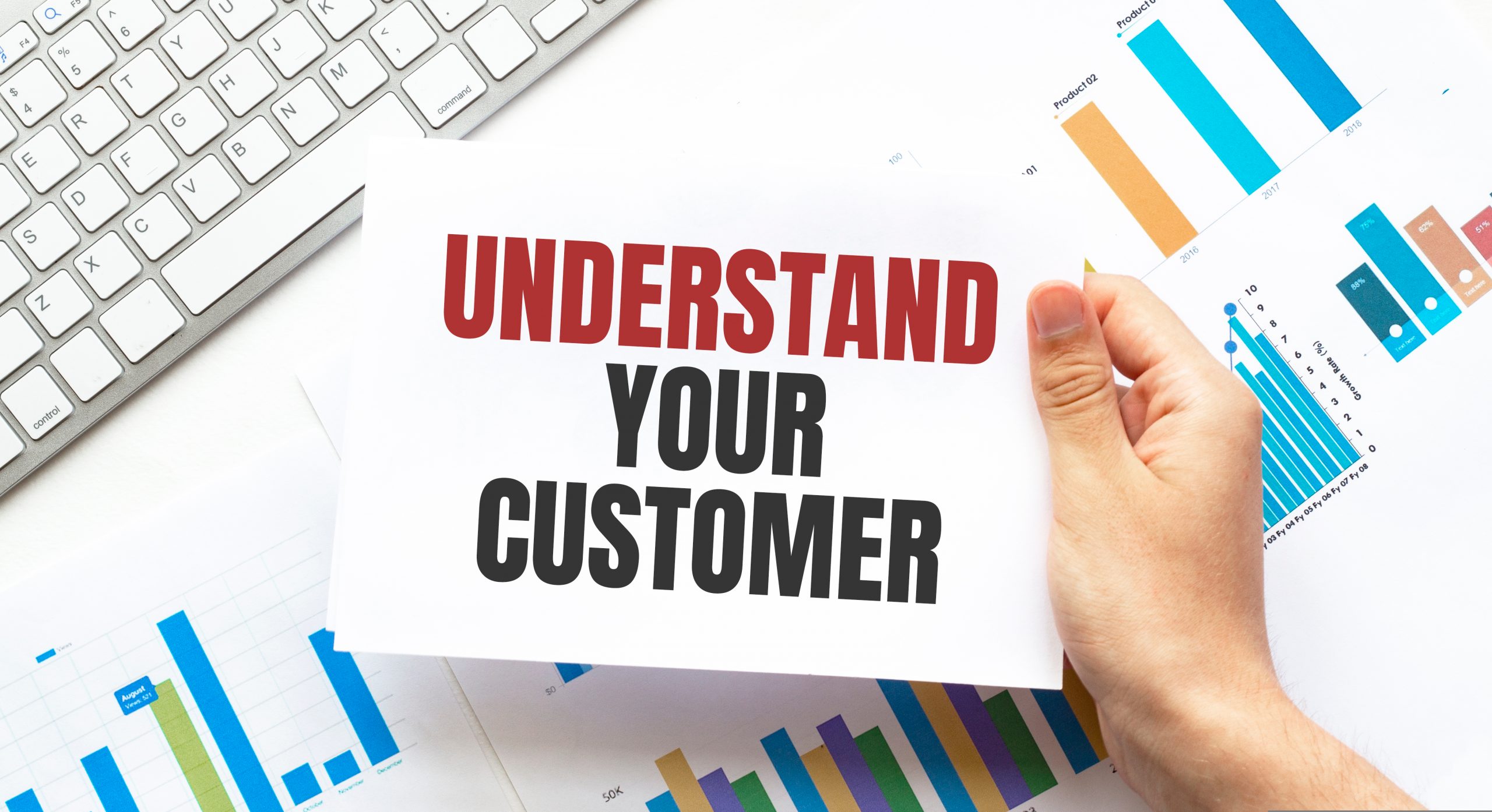Embark on a journey into the realm of CRM understanding, where we unravel the intricacies of customer relationship management, its significance in modern business, and its profound impact on sales, marketing, and customer service.
CRM, an acronym that stands for Customer Relationship Management, has emerged as a cornerstone of contemporary business practices, empowering organizations to forge enduring relationships with their customers. By leveraging a centralized platform, businesses can effectively manage customer interactions, streamline processes, and gain valuable insights that drive informed decision-making.
Customer Relationship Management (CRM) Fundamentals

Customer Relationship Management (CRM) is a strategic approach to managing interactions with customers to improve their experience and foster loyalty. It involves collecting, analyzing, and leveraging customer data to understand their needs, preferences, and behaviors.
CRM systems are software applications that help businesses manage their customer relationships. They provide a centralized platform for storing and organizing customer data, tracking interactions, and automating tasks. Some common CRM systems include Salesforce, HubSpot, and Microsoft Dynamics 365.
Benefits of CRM
- Improved customer satisfaction and loyalty
- Increased sales and revenue
- Reduced marketing and sales costs
- Enhanced customer service and support
- Improved operational efficiency
Challenges of CRM
- Cost and complexity of implementation
- Data privacy and security concerns
- Resistance to change from employees
- Lack of integration with other systems
- Difficulty in measuring ROI
CRM Data Management

Effective customer relationship management (CRM) relies heavily on accurate and well-organized data. A CRM system collects and manages a wide range of customer-related information to provide a comprehensive view of each customer’s interactions with the company.
Types of Data Collected in a CRM System
- Contact information:Name, email, phone number, address
- Demographic information:Age, gender, location, income
- Purchase history:Products or services purchased, dates, amounts
- Communication history:Emails, phone calls, social media interactions
- Support history:Tickets, issues, resolutions
Importance of Data Quality and Accuracy in CRM
The quality and accuracy of data in a CRM system are crucial for effective customer management. Inaccurate or incomplete data can lead to incorrect insights, poor decision-making, and a negative customer experience.
Techniques for Managing and Organizing Customer Data Effectively
- Data cleansing:Removing duplicate or incorrect data to ensure accuracy
- Data segmentation:Dividing customers into groups based on shared characteristics for targeted marketing and personalized experiences
- Data integration:Combining data from multiple sources to create a comprehensive customer profile
- Data governance:Establishing policies and procedures to ensure data integrity and security
CRM for Sales and Marketing
Customer Relationship Management (CRM) plays a pivotal role in optimizing sales and marketing strategies, enabling businesses to nurture customer relationships and drive revenue growth. By leveraging CRM systems, organizations can streamline processes, improve collaboration, and gain valuable insights into customer behavior.
Lead Generation and Management
- CRM systems facilitate lead generation by capturing and qualifying potential customers from various channels, such as websites, social media, and email campaigns.
- Automated lead scoring and nurturing capabilities allow sales teams to prioritize leads based on their engagement and potential value, ensuring that they focus on the most promising prospects.
- Lead management tools enable sales representatives to track lead progress, schedule appointments, and collaborate with marketing teams to nurture leads through the sales funnel.
Targeted Marketing Campaigns and Customer Segmentation
- CRM systems provide valuable insights into customer demographics, preferences, and purchase history, allowing marketers to create highly targeted marketing campaigns that resonate with specific customer segments.
- Segmentation tools enable marketers to divide customers into distinct groups based on shared characteristics, allowing for tailored marketing messages and personalized experiences.
- CRM systems facilitate automated marketing campaigns, such as email drip sequences and personalized recommendations, which nurture customer relationships and drive conversions.
Successful CRM Strategies in Sales and Marketing
Numerous businesses have successfully implemented CRM strategies to enhance their sales and marketing efforts:
- Salesforce:A leading CRM provider, Salesforce enables sales teams to manage leads, track customer interactions, and close deals more efficiently.
- HubSpot:A comprehensive CRM platform, HubSpot offers a range of tools for lead generation, marketing automation, and customer service, helping businesses attract and retain customers.
- Zoho CRM:A cloud-based CRM solution, Zoho CRM provides features for sales, marketing, customer support, and analytics, empowering businesses to manage customer relationships across multiple channels.
CRM for Customer Service

Customer Relationship Management (CRM) systems are essential tools for providing excellent customer service. They help businesses track customer interactions, manage customer data, and automate tasks, enabling them to provide personalized and efficient support.
CRM systems offer a range of benefits for customer service teams, including:
- Centralized customer data: CRM systems provide a single, centralized repository for all customer data, including contact information, purchase history, and support interactions.
- Improved communication: CRM systems facilitate seamless communication between customer service representatives and customers, enabling them to track and respond to inquiries quickly and efficiently.
- Automated tasks: CRM systems can automate repetitive tasks, such as sending email notifications, scheduling appointments, and creating support tickets, freeing up customer service representatives to focus on more complex tasks.
CRM Best Practices for Customer Service
There are several best practices that businesses can follow to maximize the effectiveness of their CRM systems for customer service:
- Personalize interactions:Use CRM data to personalize interactions with customers, addressing them by name, referencing their previous interactions, and offering tailored recommendations.
- Respond promptly:Set clear response time goals and use CRM tools to track and manage customer inquiries, ensuring that they are addressed promptly and efficiently.
- Empower customer service representatives:Provide customer service representatives with the authority and resources they need to resolve customer issues quickly and effectively.
- Monitor customer satisfaction:Use CRM data to track customer satisfaction metrics, such as customer feedback and resolution times, and identify areas for improvement.
- Integrate with other systems:Integrate CRM systems with other business systems, such as marketing automation and e-commerce platforms, to provide a comprehensive view of the customer journey.
CRM Analytics and Reporting

CRM analytics is a crucial aspect of Customer Relationship Management (CRM) as it provides valuable insights into customer behavior and trends. By analyzing data collected from various CRM modules, businesses can gain a deeper understanding of their customers’ needs, preferences, and interactions with the company.
CRM analytics empowers businesses to make data-driven decisions, optimize marketing campaigns, improve customer service, and ultimately drive business growth.
Key Metrics and Reports, Crm understanding
CRM analytics can generate a wide range of metrics and reports that provide valuable insights into customer behavior. Some key metrics include:
- Customer Lifetime Value (CLTV)
- Customer Churn Rate
- Average Revenue Per Customer
- Customer Satisfaction Score
- Lead Conversion Rate
These metrics can be used to track customer behavior over time, identify areas for improvement, and measure the effectiveness of marketing and sales campaigns.
Data-Driven Decision-Making
CRM analytics provides businesses with the data they need to make informed decisions about their customer-facing strategies. By analyzing customer data, businesses can:
- Identify opportunities to increase customer loyalty
- Personalize marketing campaigns to target specific customer segments
- Improve customer service by identifying common pain points
- Develop new products and services that meet customer needs
- Optimize pricing strategies based on customer demand
By leveraging CRM analytics, businesses can gain a competitive advantage by understanding their customers better and making data-driven decisions that drive growth.
CRM Implementation and Integration
CRM implementation is a complex process that requires careful planning and execution. A step-by-step guide can help you ensure a successful implementation:
- Define your goals and objectives:Determine what you want to achieve with your CRM system, such as improving sales performance or enhancing customer service.
- Choose the right CRM system:Select a system that meets your specific needs and requirements, considering factors such as functionality, scalability, and cost.
- Develop a data migration plan:Determine how you will migrate your existing data into the new CRM system. This may involve cleaning and organizing your data, as well as mapping it to the new system’s fields.
- Configure the system:Customize the CRM system to meet your specific business processes and workflows.
- Train your team:Ensure that your team is properly trained on how to use the new CRM system. This will help them maximize its benefits.
- Go live:Launch the new CRM system and begin using it to manage your customer relationships.
- Monitor and evaluate:Regularly track the performance of your CRM system and make adjustments as needed. This will help you ensure that it is meeting your goals and objectives.
CRM integration with other business systems is essential for creating a unified view of the customer. However, it can also be challenging. Here are some best practices to help you ensure a successful integration:
- Use a single source of truth:Ensure that all customer data is stored in a single, central location. This will help you avoid data inconsistencies and errors.
- Use standard data formats:Use common data formats, such as XML or JSON, to facilitate data exchange between different systems.
- Use a middleware solution:A middleware solution can help you integrate different systems without having to modify the code of each system.
- Test your integration thoroughly:Before going live with your integrated systems, thoroughly test them to ensure that they are working as expected.
Epilogue

In the ever-evolving landscape of business, CRM understanding has become an indispensable asset. It empowers organizations to harness the power of data, build lasting customer relationships, and drive growth. As we conclude our exploration, remember that CRM is not merely a software solution but a strategic approach that transforms the way businesses connect with their customers, ultimately leading to enhanced profitability and sustained success.
FAQ Overview: Crm Understanding
What is CRM?
CRM, or Customer Relationship Management, is a strategy and technology that helps businesses manage and track customer interactions and data throughout the customer lifecycle.
What are the benefits of using a CRM system?
CRM systems offer numerous benefits, including improved customer service, increased sales, enhanced marketing effectiveness, and streamlined operations.
How do I choose the right CRM system for my business?
Consider your business size, industry, and specific needs when selecting a CRM system. It’s advisable to research different options and consult with experts to make an informed decision.